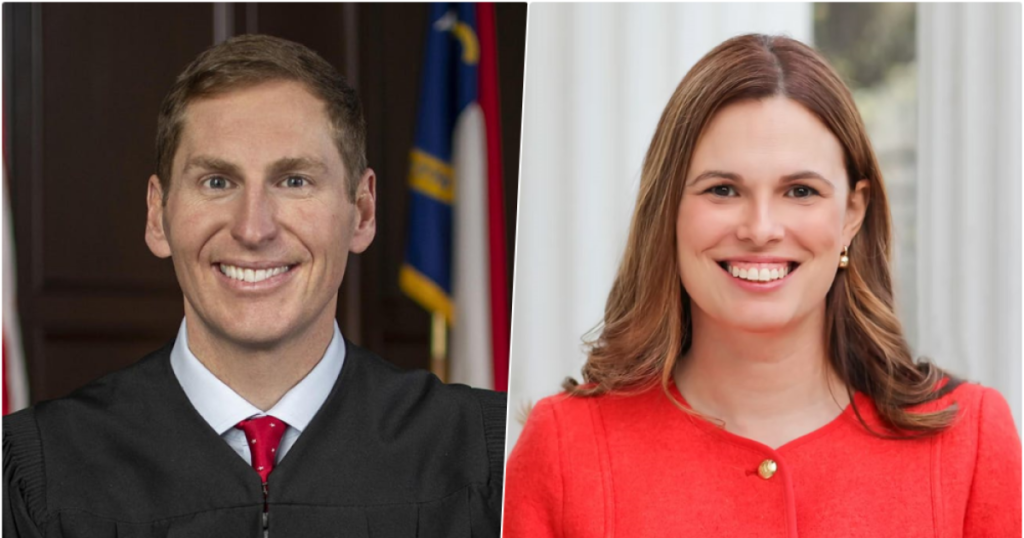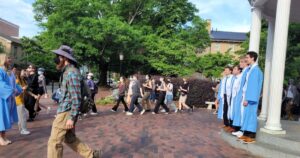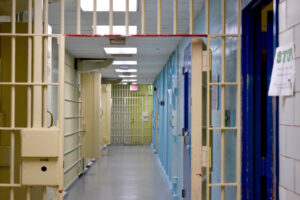North Carolina Supreme Court Race Sparks Intense Legal Battle
In a contentious legal struggle that has captured national attention, the North Carolina Supreme Court race is at the center of a heated debate over ballot validity and voter rights. Democratic National Committee Chairman Jaime Harrison highlighted the issue’s significance, comparing it to past challenges to democratic processes, including the January 6th Capitol attack.
“The ability of Americans to vote, our most sacred right, is now, once again, under attack by Republicans,” Harrison asserted, emphasizing the critical nature of the situation in North Carolina.
At the heart of the controversy is Jefferson Griffin’s attempt to invalidate over 60,000 ballots in his race against Democrat Allison Riggs for a seat on the state’s highest court. Despite two recounts confirming Riggs’ narrow 734-vote lead out of more than 5.5 million cast, Griffin has challenged the eligibility of these votes, primarily citing registration issues.
Former Governor Roy Cooper expressed concerns over the potential consequences of Griffin’s actions, warning, “If they are successful in this scheme, there will be copycat lawsuits across this country for races where they don’t like the results.” He emphasized the potential erosion of voter confidence, stating, “Voters in North Carolina will be unable to walk out of a voting booth ever again and feel confident that their vote will count.”
Matt Mercer, spokesperson for the North Carolina Republican Party, defended Griffin’s actions, stating, “Judge Griffin is fighting for the rule of law and state statutes to be followed,” and highlighting unresolved systemic issues.
The Democratic-majority North Carolina State Board of Elections dismissed Griffin’s claims, citing a lack of evidence for ineligible voters and improper notification to challenged voters. Nonetheless, Griffin filed a writ of prohibition with the conservative state Supreme Court, which has delayed the race’s certification by issuing a stay in a 4-2 decision.
Justice Anita Earls, the court’s sole Democrat besides Riggs, dissented, while Republican Justice Richard Dietz criticized the petition as “post-election litigation that seeks to remove the legal right to vote from people who lawfully voted under the laws and regulations that existed during the voting process.”
Griffin’s challenges hinge on outdated voter registration forms that predate the Help America Vote Act of 2002. Despite Griffin’s claims, current state law and HAVA do not require a Social Security or driver’s license number for voter registration. Instead, new voters must present a HAVA ID at the polls.
Griffin’s contestations also include ballots from military and overseas voters who did not provide photo ID, despite state law exempting them, and a smaller number of ballots from overseas citizens who never lived in North Carolina, which state law allows to vote.
Anderson Clayton, North Carolina Democratic Party Chairwoman, remarked on the broader implications of Griffin’s efforts, stating, “We’re talking about a calculated effort by a sitting judge to throw out votes and reject the results of a fair and free election.”
As the state Supreme Court reviews briefs over the next 10 days, the U.S. 4th Circuit Court is also evaluating the case’s implications for federal law and constitutional voting rights, with oral arguments scheduled for January 27.





